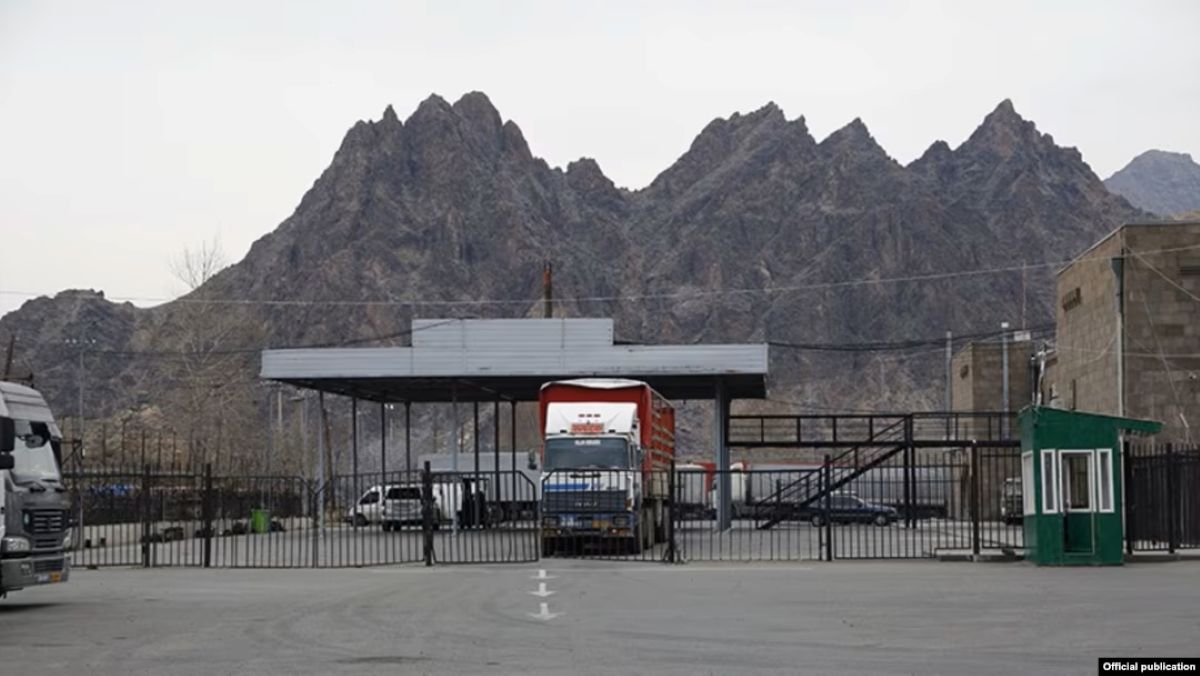Share














Most read

Opinion: Yerevan should not be drawn into Baku and Ankara’s ‘virtual reality’
Confrontation between government and church continues in Armenia: Pashinyan on steps to remove Catholicos
New laws coming into effect in Georgia from January 2026
Finland detains Azerbaijani man over alleged Russian steel transport, cable sabotage
Post-conflict Azerbaijan: what Ilham Aliyev told local TV channels

Bayir Shahar: Demolition of historic quarters in Baku and 'Year of Architecture' paradox
Opinion: 'Armenian products could lose competitiveness in Iran'
What is changing for Georgians abroad in country’s healthcare system after six months overseas?
Pashinyan on Catholicos: 'Ex-president Serzh Sargsyan also didn't want to step down, but was forced to'
'Ivanishvili should be sanctioned' - hearings in UK House of Commons










